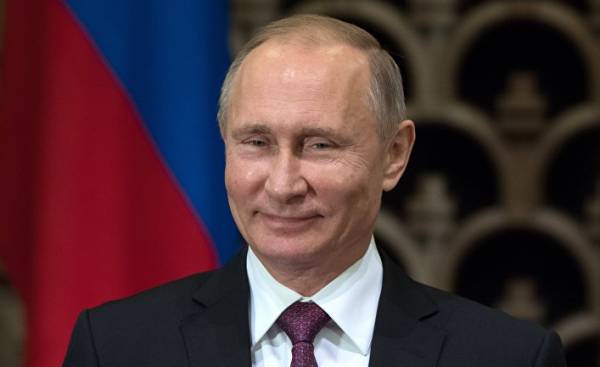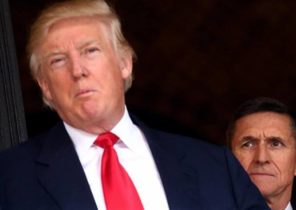
On Tuesday, the house of representatives approved a bill on new sanctions against Russia in response to the ongoing crisis in Ukraine and Moscow’s intervention in last year’s US presidential election. The Senate, the bill will almost certainly approve, because this is the version of the amendments, which were initiated by the Senate. They only made small changes.
As an expression of the dissatisfaction of Congress with the likes of trump’s administration to this bill is of great importance. Less evidently, if he will allow increase pressure on the Russian. And even less clear whether this pressure to change Russia’s behavior.
First and foremost is to say that there is a big difference between the sanctions stipulated by the law, and the penalties put in action. For obvious and unknown reasons, all sanctions laws — including this one — give the Executive branch the right to exercise discretion and freedom of action in their application. Even the most rigid restrictive measures suggest the possibility of alternative interpretations by representatives of Executive authorities that are striving the opportunity to find.
For example, although the bill gives the opportunity to oppose the President who wants to abolish the existing U.S. sanctions against Russia unilaterally, it sets out a procedure by which the decision of the administration can be reviewed and discussed in the Congress. All this is good and important, but it is unlikely to be an insurmountable barrier. In fact, as demonstrated by the former President Obama against Iran nuclear deal in 2015 (similar to the “Russian amendment” wording in the document was to review the Congress any agreement with Iran), in the vote of even a minority of legislators can prevent to reject the presidential initiative. Given the flexibility and pliability of the Republican majority in Congress, trump may well gain votes necessary for its decision on sanctions against Russia has not been cancelled.
In addition, for sanctions to be effective, they need to enter and execute. Investigations should be conducted. Needs to be determined fines. But the law does not say about the duty to actively keep his law or even any responsibility of officials in case of delay. It is possible that even if the White house and will not pay attention, the law would be enforced due to the persistent actions of some politicians and public servants. But given trump’s approach to Russia, there is little that indicates that he will have to start its decisive application in practice.
An important factor is international cooperation in the “Russian question”, especially with Europe. In an ideal world this bill would be the beginning of a process in which Europe, with the assistance of the United States have developed their own additional measures. But the state Department lacks the high-ranking political figures who usually carry out such campaigns. Europe is understandably not entirely pleased with the relationship with the United States (compounded by trump’s exit from the Paris agreements and its policy of threats against everything from Iran to NATO and trade). Given all this, it is unlikely that in the near future on this front, will there be some international cooperation, although it clearly would serve the common interests of the United States and Europe.
If the law will be fulfilled, Russia will be in a difficult situation, but the fall of the regime is not threatened. This is normal as the purpose of these sanctions is to deter Russia from further unlawful actions in Eastern Europe. Or, for that matter — in the midterm elections of 2018. Sanctions would restrain the expansion of the international presence of Russian energy companies in emerging markets, limiting their ability to cooperate with American firms. They could also reduce the activity of business relations with Russia in General, especially if you connect Europe. And, let’s hope that these measures (as well as a demonstration of Washington determined) will convince Russian President Vladimir Putin that even if he has supporters in the White house it needs through negotiations to achieve a lasting solution to the crisis in Ukraine.
Of course, companies and countries can do to interpret the sanctions expansion, even if the law wasn’t tough enough. But the real sanctions and real work to suppress the activities of Russia contrary to U.S. interests worldwide, is the actions of bodies of Executive power and transparency. This is a responsibility of the legislative power. And in this respect only time will tell whether this is the beginning of a new campaign or just a small problem for Moscow.






